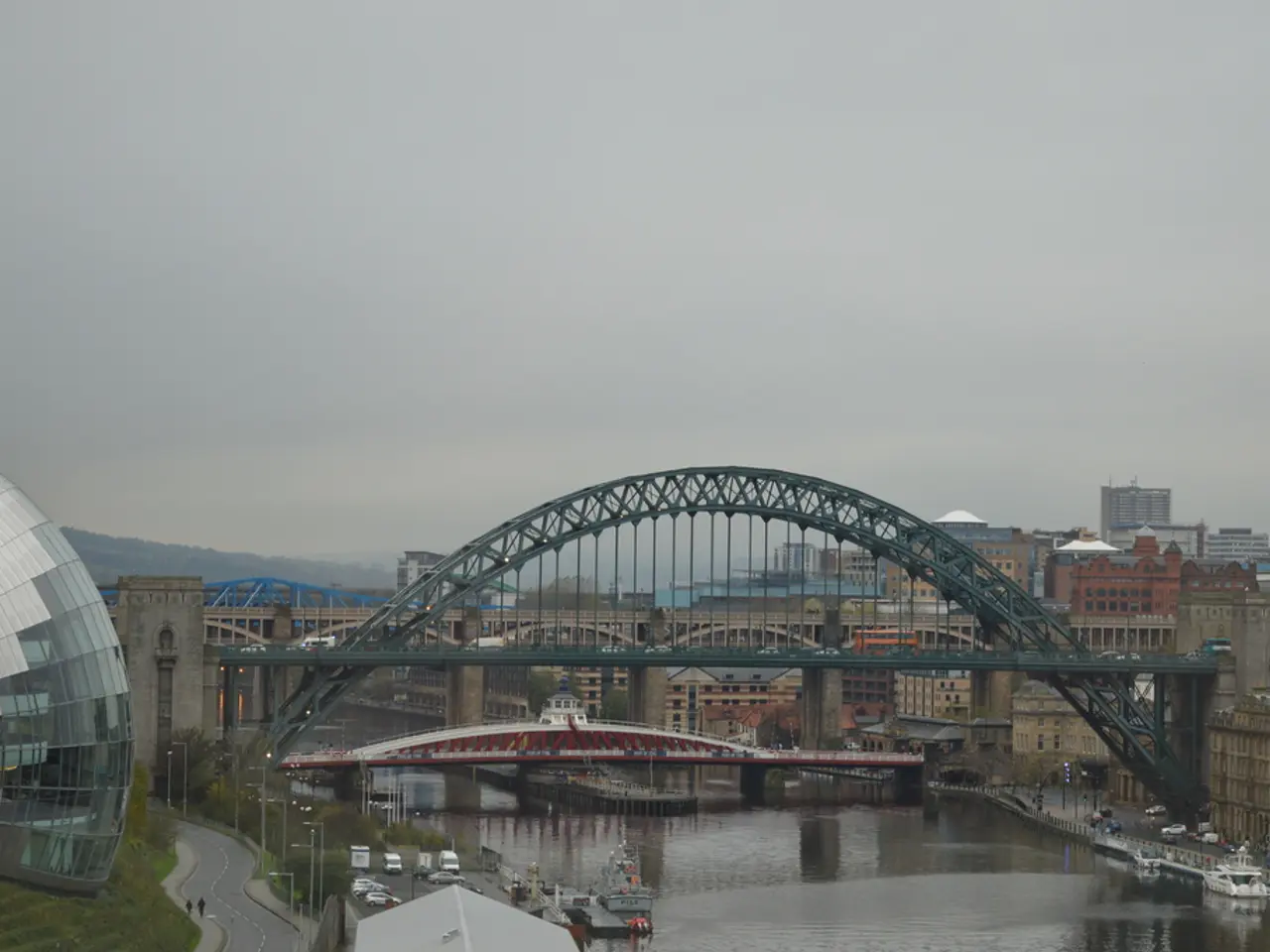Bangladesh Struggles to Meet SDG-11 as Urbanization Accelerates
Bangladesh's progress towards sustainable cities and communities, as outlined in SDG-11, is slow and uneven. The Bangladesh Institute of Planners (BIP) recently held a seminar to discuss these challenges and potential solutions. The event highlighted the need for improved governance, data management, and inter-ministerial coordination.
BIP's president warned that without robust governance and political will, Bangladesh risks failing to meet its SDG goals. The seminar, titled 'Toward sustainable cities: understanding and assessing Bangladesh's trajectory towards SDG-11 by 2030', explored the country's current status and obstacles.
Bangladesh is lagging in SDG-11 due to inconsistent definitions, lack of standardised indicators, and obsolete datasets. Technical capacity gaps, fragmented governance, weak urban financing, and limited global collaboration also hinder progress. The housing and public works ministry secretary emphasised the need for good governance and accountability.
Rapid urbanisation is putting pressure on public infrastructure and services. SDG-11 has 10 targets and 15 indicators, covering areas like sustainable housing, transport systems, cultural heritage, and disaster reduction. Bangladesh ranked 114th globally in the 2025 SDG Index and has yet to set targets for around 100 out of about 150 SDG targets.
To achieve SDG-11 by 2030, Bangladesh must strengthen data governance, improve inter-ministerial coordination, empower local governments, target vulnerable populations, promote sustainable infrastructure, and adopt an integrated strategic approach to budgeting and implementation. The BIP seminar underscored the urgency of these actions, as the country grapples with the challenges of rapid urbanisation and the need for sustainable development.
Read also:
- California Water Service upgrades infrastructure with new pipelines and proposes rate hike
- Black Friday slashes MacBook Air and Surface Laptop 7 to record-low prices
- Artist Zainab Odemwingie Launches 'My African Baby' to Preserve Cultural Heritage
- Nizhny Novgorod Hosts Heritage Congress, Showcasing Region's Commitment to Preserving History for Modern Use





